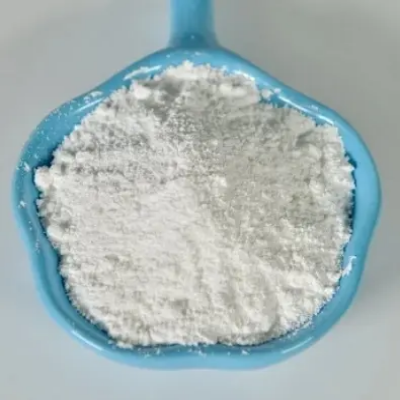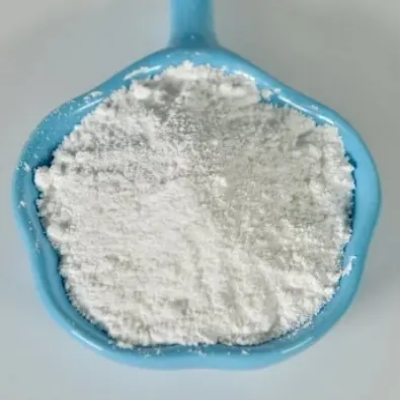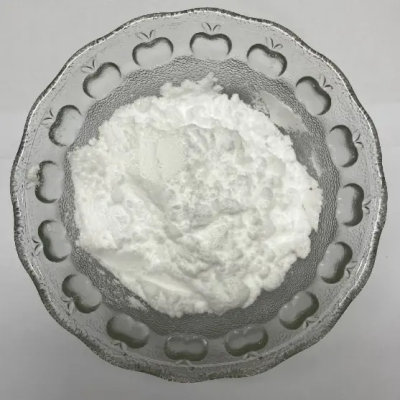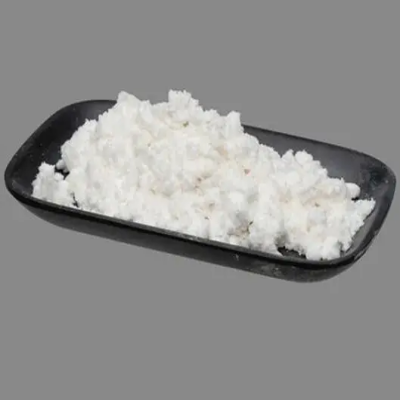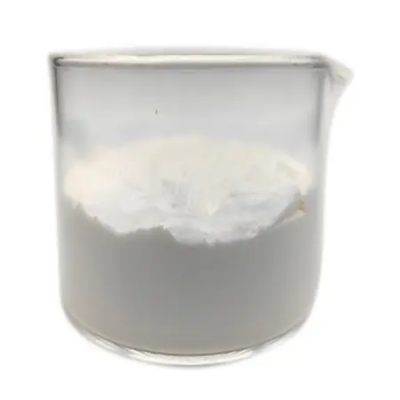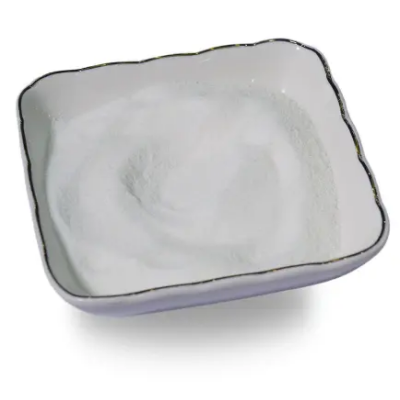5,6-DICHLORO-3-PYRIDINEMETHANOL CAS:54127-30-9
5,6-Dichloro-3-pyridinmethanol serves multiple important roles in organic synthesis and medicinal chemistry. Its unique structure allows it to act as a versatile building block for synthesizing more complex molecules. The presence of both the hydroxymethyl and dichloro substituents provides opportunities for various chemical transformations, including nucleophilic substitutions, alkylation reactions, and condensation reactions that can lead to the formation of diverse derivatives tailored for specific applications. In pharmaceutical development, 5,6-dichloro-3-pyridinmethanol has been explored for its potential pharmacological activities. Compounds containing chlorinated pyridine derivatives are often of interest due to their bioactive properties, which may include antimicrobial, anti-inflammatory, or anticancer effects. Researchers are actively investigating its derivatives as potential drug candidates targeting various diseases, leveraging the compound's structural features to enhance efficacy and safety profiles. Additionally, this compound is utilized in the synthesis of agrochemicals, such as herbicides and fungicides. The introduction of dichlorinated pyridine structures is known to improve the effectiveness and selectivity of agricultural formulations against pests while minimizing environmental impact. Ongoing research aims to optimize the performance of products based on 5,6-dichloro-3-pyridinmethanol to address modern agricultural challenges effectively. Moreover, the compound may find applications in materials science, especially in developing functionalized polymers. The presence of the hydroxymethyl group can facilitate the formation of cross-linked networks, enhancing the mechanical and thermal properties of the resulting materials. This versatility makes 5,6-dichloro-3-pyridinmethanol suitable for various industrial applications, including coatings, adhesives, and electronic components. Overall, the multifunctionality and reactivity of 5,6-dichloro-3-pyridinmethanol contribute significantly to its importance in organic synthesis, pharmaceutical research, agrochemical development, and materials science, driving advancements across multiple fields of study.



| Composition | C6H5Cl2N |
| Assay | 99% |
| Appearance | white powder |
| CAS No. | 54127-30-9 |
| Packing | Small and bulk |
| Shelf Life | 2 years |
| Storage | Store in cool and dry area |
| Certification | ISO. |




